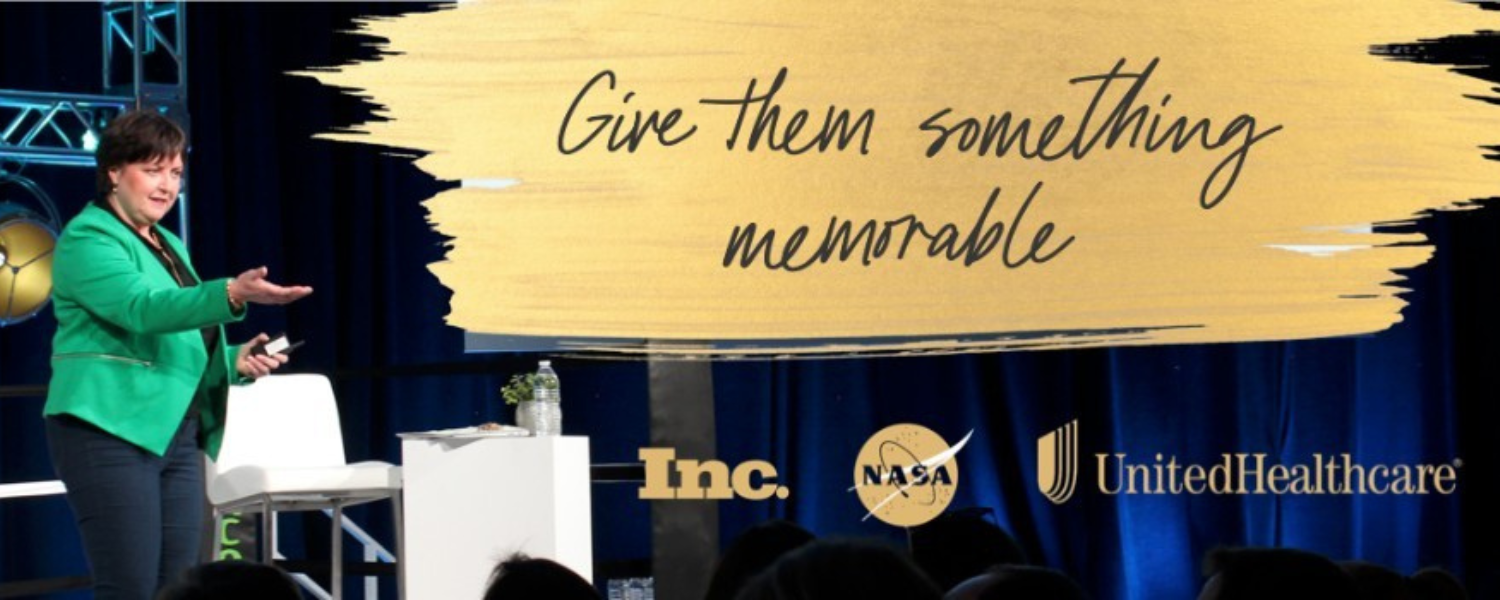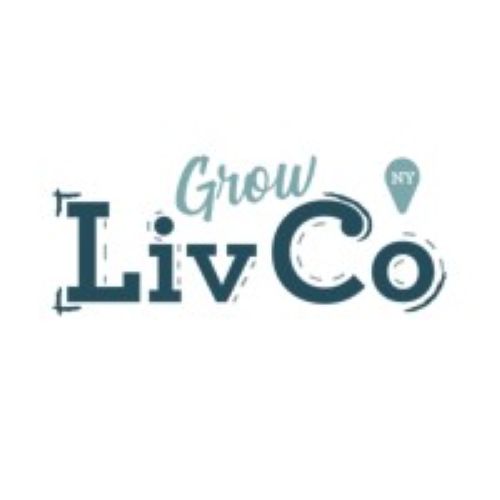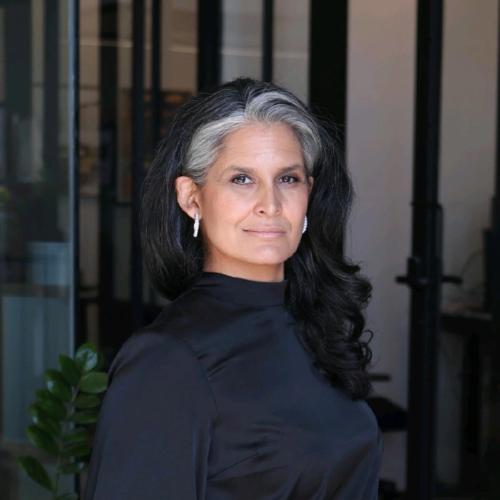Inspiring Confident Communication, with Karen Laos
Episode 436
On this episode of Destination on the Left, I talk with Karen Laos, a communication expert and confidence cultivator, about the most common mishaps that we make when communicating, and practical advice on how to avoid them. We discuss the importance of communication as a woman, the benefits of building strong relationships, and why being interested is a better strategy than being interesting. She also gives us easy phrases and questions to help us start creating deeper connections today.

What You Will Learn in This Episode:
- How Karen Laos discovered the power of confident communication, from her childhood negotiation lessons to navigating high-stakes boardrooms
- How practicing self-trust leads to a stronger impact
- What the most common communication mishaps are among professionals, including “data dumping” and “upspeak,” and how to avoid them for clearer, more influential messaging
- How asking questions and practicing active listening can build stronger relationships, and why being interested is often more effective than trying to appear interesting
- Why both women and men experience self-doubt and impostor syndrome, and what strategies Karen recommends to overcome these universal challenges
- How to shift from playing small to contributing ideas with confidence, even when facing rejection or critical feedback
- Practical tactics you can use immediately, including key phrases and reflective listening, to deepen your professional and personal connections
How Confident Communication Fuels Growth in Tourism and Hospitality
Many professionals find themselves holding back in meetings or missing opportunities because of self-doubt. Karen Laos’s personal journey is a testament to this struggle. She recounts a pivotal moment in a corporate boardroom when she froze, second-guessed herself, and missed a chance to steer the meeting. It was only after her boss pointed out that “you didn’t trust your gut” that Karen recognized how often she’d been asking for permission rather than claiming her space.
When you play small, you withhold ideas, skip chances to contribute, and shrink when faced with pushback, you miss opportunities. Sharing your perspective is a muscle—one that grows each time you use it.
Common Communication Mishaps (And How to Avoid Them)
Karen outlines two common pitfalls in professional communication:
- Data Dumping & Rambling: Sharing too much information at once overwhelms listeners. Many people “build a case” before getting to their point, often burying the key message at the end. Karen recommends the “BLUF” method (Bottom Line Up Front): start with your main point, then offer supporting details. In emails, include your conclusion or request in the first line, letting readers decide if they want to delve into the details.
She suggests that when you notice yourself rambling, pause, gather your thoughts, and state directly: “My point is this…”
- Upspeak: Ending statements with an upward inflection can make confident people sound uncertain. This is especially common in self-introductions. Instead, “punctuate” your spoken words. Practice ending key sentences with a period, not a question mark, to project authority and credibility.
Karen recommends that you record your introduction and listen back; do you sound confident, or does your voice rise at the end?
Building Trust Through Consistent Presence
Trust is foundational to business relationships. Karen stresses the importance of being genuine and avoiding the temptation to rush or sell yourself. Authentic listening, maintaining open and inviting body language, and even the way you manage your facial expressions can influence how you are perceived. Simple gestures—smiling, making eye contact, and being conscious of your posture—go a long way in signaling your approachability and professionalism.
In hospitality and tourism, your voice drives personal growth while fostering collaboration and relationships that propel entire destinations forward. By implementing these practical communication strategies, you’ll not only stand out but you’ll also help your organization and community flourish.
Resources:
- Website: https://karenlaos.com/
- LinkedIn: https://www.linkedin.com/in/karenlaos/
- Free Guide to sound more credible and confident: 9 words to avoid and what to say instead: https://karenlaos.com/words-to-avoid/
We value your thoughts and feedback and would love to hear from you. Leave us a review on your favorite streaming platform to let us know what you want to hear more of. Here is a quick tutorial on how to leave us a rating and review on iTunes!







